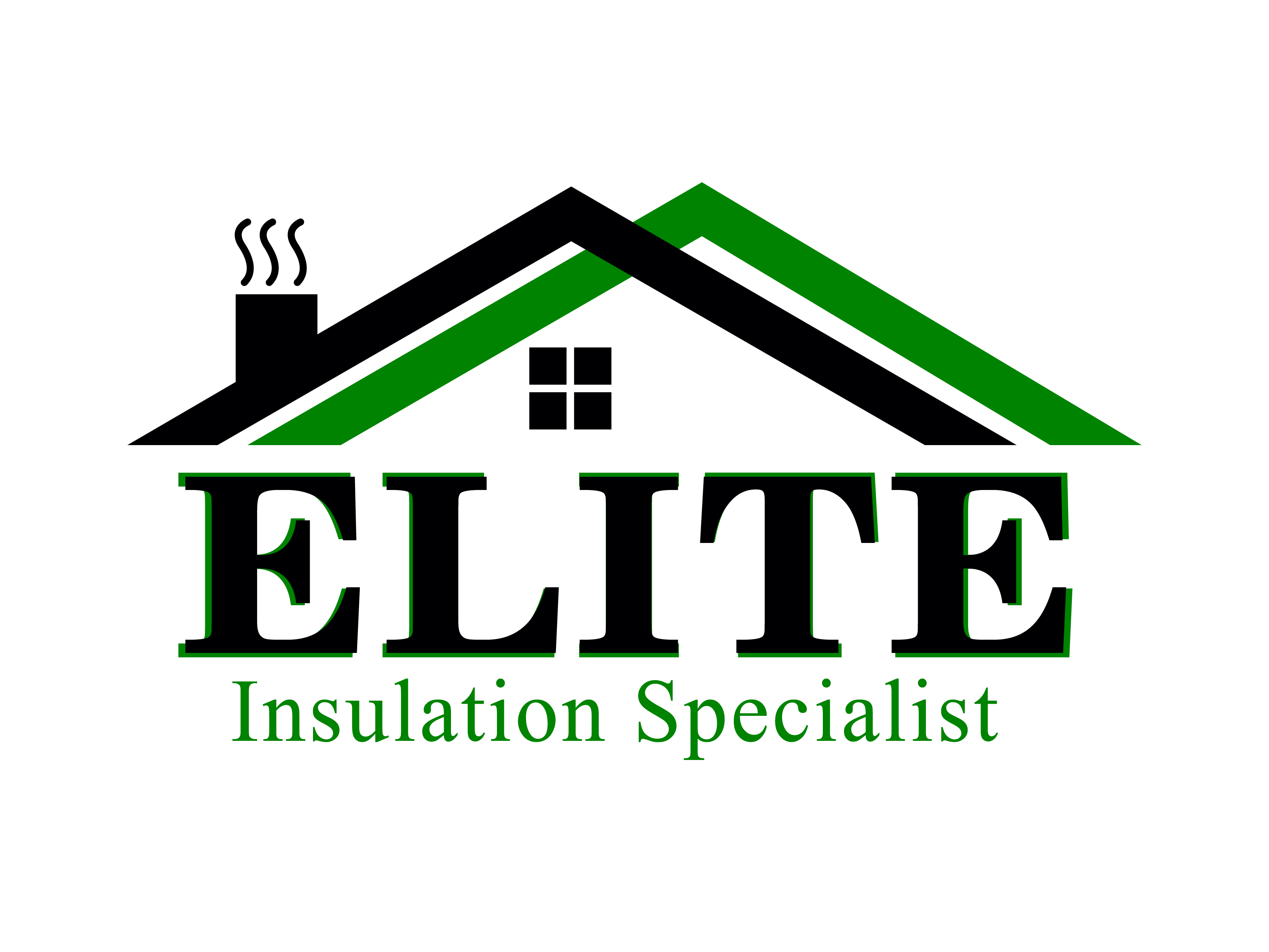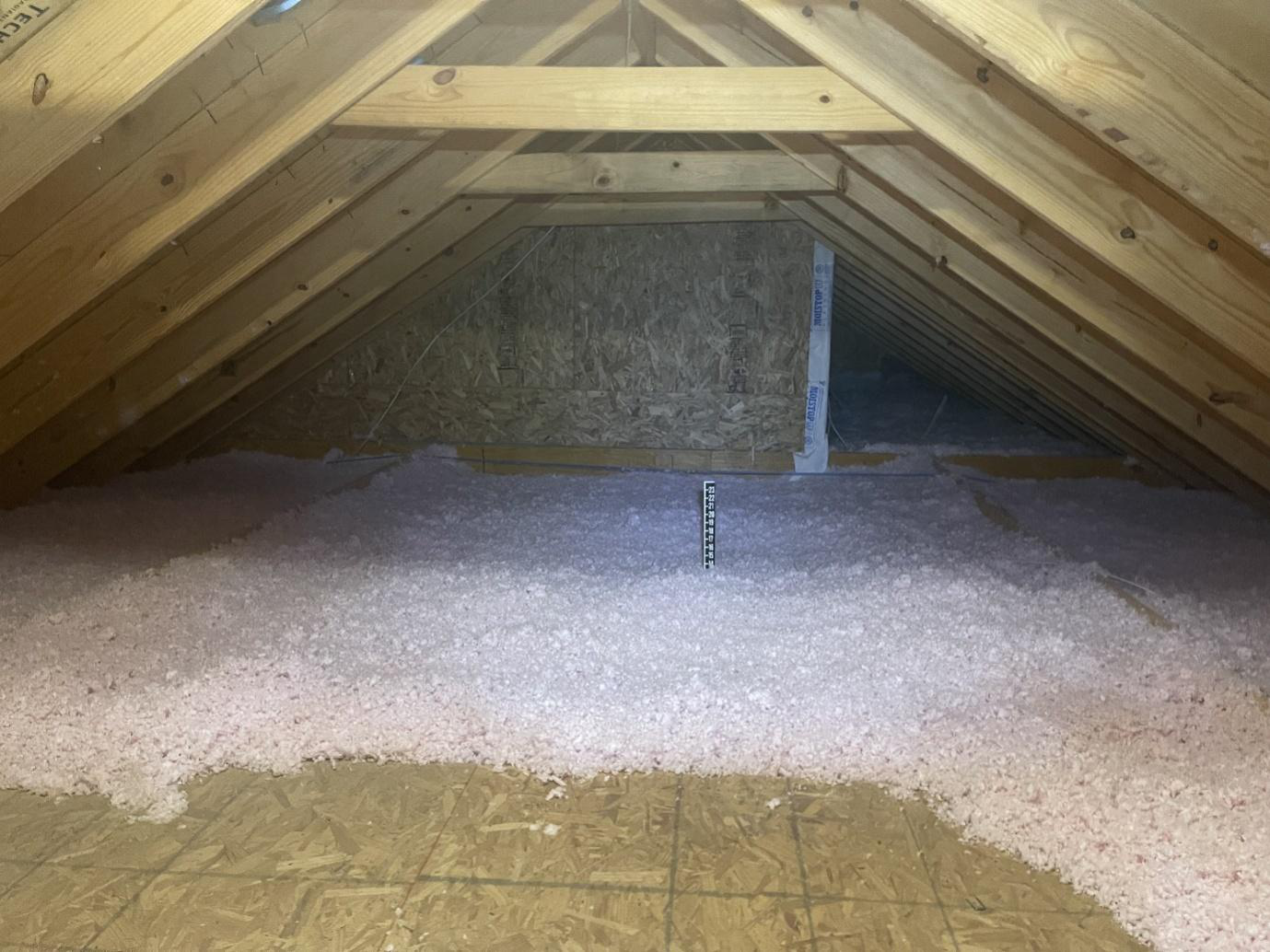Energy efficiency is more than just a buzzword; it’s a crucial aspect of modern living. When it comes to keeping your home comfortable while minimizing utility costs, insulation plays a starring role.
In this blog, we’ll aim to understand the intricate relationship between insulation and utility bills. From understanding the concept of R-value to delving into the physics of heat transfer, we’ll shed light on how proper insulation can substantially reduce energy consumption and lead to significant savings on your utility bills.
The Basics of Insulation
Before delving into the science behind the relationship between insulation and utility bills, let’s establish what insulation is and why it’s essential. Insulation is a material or a combination of materials that is a barrier to heat flow. Its primary function is to slow down the movement of heat between the interior and exterior of a building, helping to maintain a stable indoor temperature. Insulation comes in various forms, including fiberglass, cellulose, foam, and reflective materials, each with unique properties and applications.
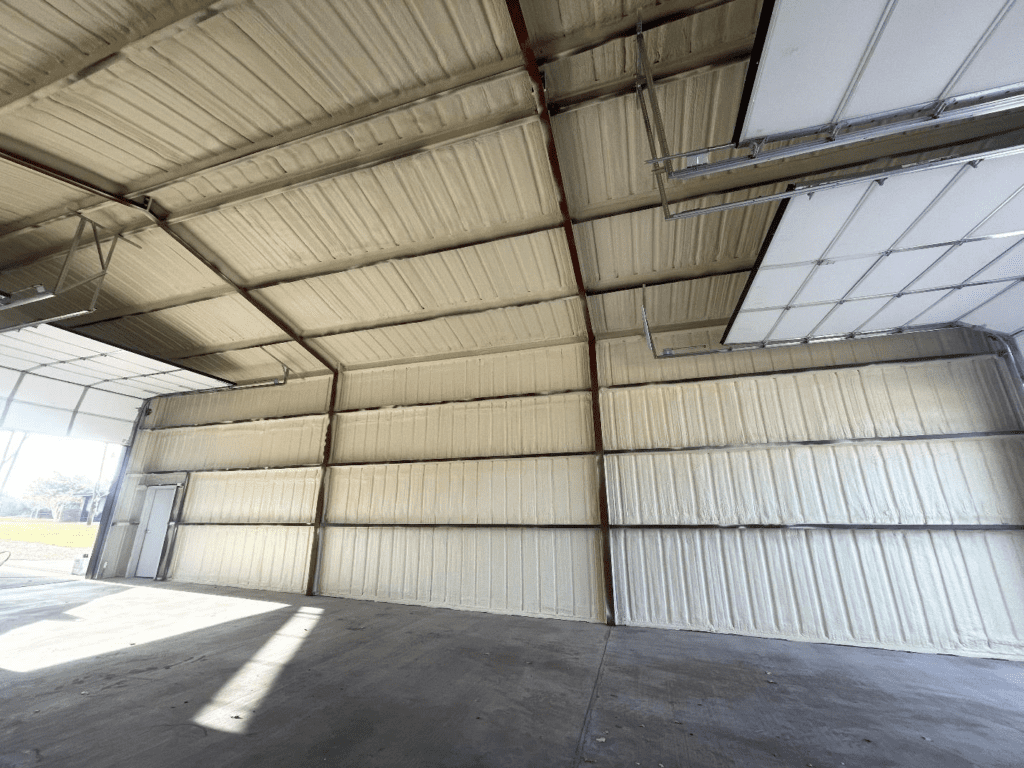
Understanding R-Value
One of the key concepts in insulation science is the R-value. R-value is a measure of an insulation material’s resistance to heat flow. The higher the R-value, the better the insulation’s thermal performance. For example, insulation with an R-value of 30 is more effective at resisting heat transfer than insulation with an R-value of 20.
Choosing the right R-value for your insulation depends on factors such as your climate, the specific area of your home being insulated, and your desired energy efficiency goals. In regions with extreme temperatures, a higher R-value is typically recommended to reduce heating and cooling costs.
Heat Transfer: The Science Behind Insulation
Understanding how insulation impacts your utility bills involves delving into the science of heat transfer. Heat transfer operates through three primary mechanisms:
- Conduction: Conduction is the transfer of heat through direct contact between materials. In the context of your home, this phenomenon occurs when heat moves through walls, ceilings, and floors. Insulation materials characterized by low thermal conductivity, such as fiberglass and foam, excel at reducing heat conduction.
- Convection: Convection, on the other hand, entails the movement of heat through fluids, such as air or water. Insulation is crucial in mitigating convective heat transfer by establishing a barrier that curtails air movement. For instance, well-sealed and insulated walls prevent warm indoor air from escaping while keeping cold outdoor air at bay.
- Radiation: Radiation represents the transfer of heat through electromagnetic waves. Reflective insulation materials, like radiant barriers, operate on the principle of reflecting radiant heat away from your home. This action helps maintain a cooler indoor environment during the summer and a warmer one during the winter, contributing to energy efficiency.
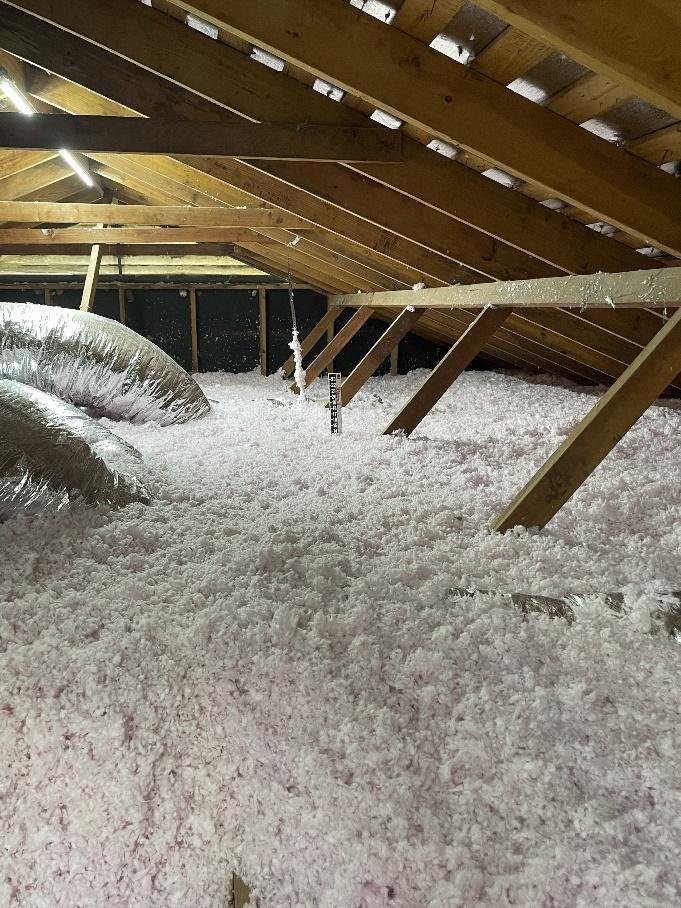
The Impact on Utility Bills
Now that we understand the science, let’s connect the dots to see how insulation influences your utility bills:
Lower Heating and Cooling Costs
Effective insulation is a formidable barrier, preventing heat from escaping during winter and keeping excessive heat out during summer. This means your heating and cooling systems can operate more efficiently, resulting in a noticeable reduction in your utility bills.
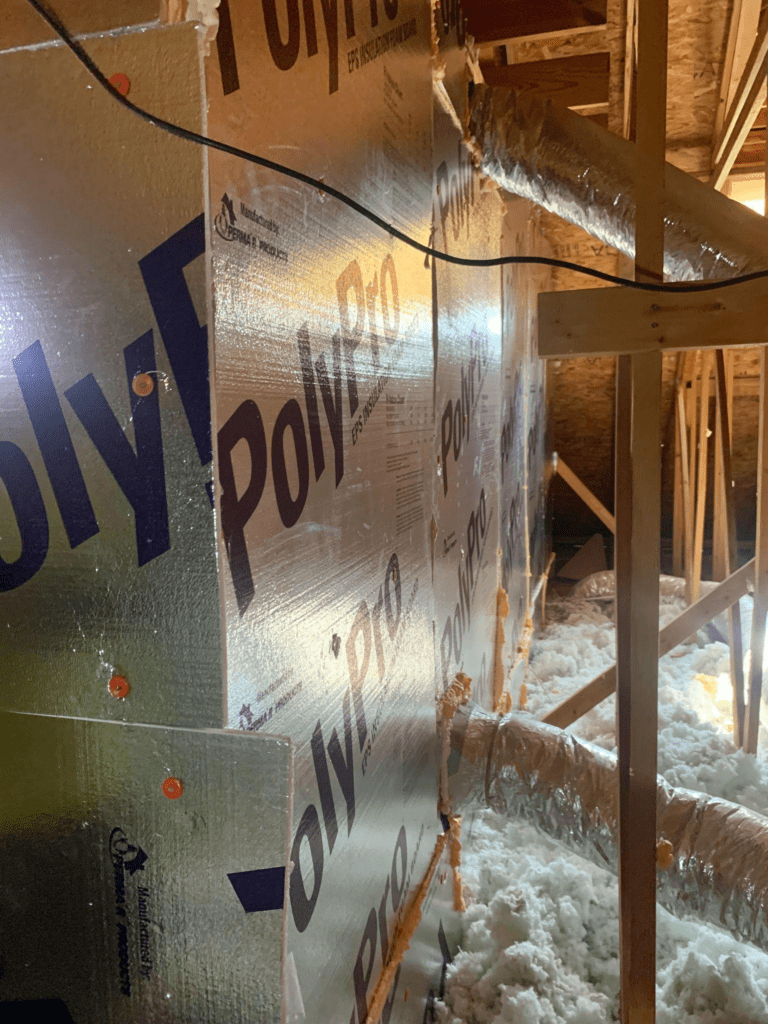
Increased Comfort:
Properly insulated spaces maintain a consistent temperature, eliminating drafts and abrupt temperature shifts. The result is a more comfortable living environment that doesn’t require constant thermostat adjustments.
Extended Equipment Lifespan
The efficiency gains from well-insulated spaces save you money and contribute to the longevity of your heating and cooling systems. Reduced wear and tear means fewer repair expenses and longer-lasting equipment.
Environmental Benefits
Energy-efficient insulation isn’t just advantageous for your wallet; it also benefits the environment. Lower energy consumption translates to reduced greenhouse gas emissions, positively contributing to a more sustainable future.
How to Choose the Right Insulation
When selecting the ideal insulation for your home, several crucial factors come into play, ensuring you make a well-informed choice. First and foremost, your climate zone plays a pivotal role; it dictates whether you need higher R-values for insulation in colder regions or if a more versatile range of insulation options will suffice in milder climates.
Second, conducting a comprehensive home energy audit proves invaluable. This audit pinpoints precisely where insulation improvements are needed within your home, aiding in prioritizing areas requiring enhanced insulation.
Furthermore, consulting with insulation professionals is a wise step. They offer expert advice on the most suitable insulation materials and R-values tailored to your specific requirements, ensuring proper installation and maximum energy efficiency.
Lastly, don’t overlook the potential benefits of energy-efficient incentives and rebates provided by local and federal programs. These incentives can significantly offset the cost of upgrading your insulation, making it a more cost-effective and eco-friendly investment.
The science of energy efficiency is a fascinating journey into the world of insulation and its impact on your utility bills. Understanding concepts like R-value and heat transfer allows you to make informed decisions about the best insulation materials for your home.
By investing in proper insulation, you not only enhance your comfort but also significantly reduce your energy consumption and utility costs. It’s a win-win scenario for your wallet and the environment, demonstrating the power of science in creating a more energy-efficient future.
But the question remains: how do you invest in proper insulation? Well, you need to work with an experienced insulation contractor who can provide a customized solution for your unique needs and requirements.
Let’s Get Started with Elite Insulation Specialist!
We understand the vital role of a top-notch insulation system in your home, especially during chilly winters. As a trusted and experienced insulation contractor in Mansfield, TX, we offer a range of services:
For more details, reach out to us.
